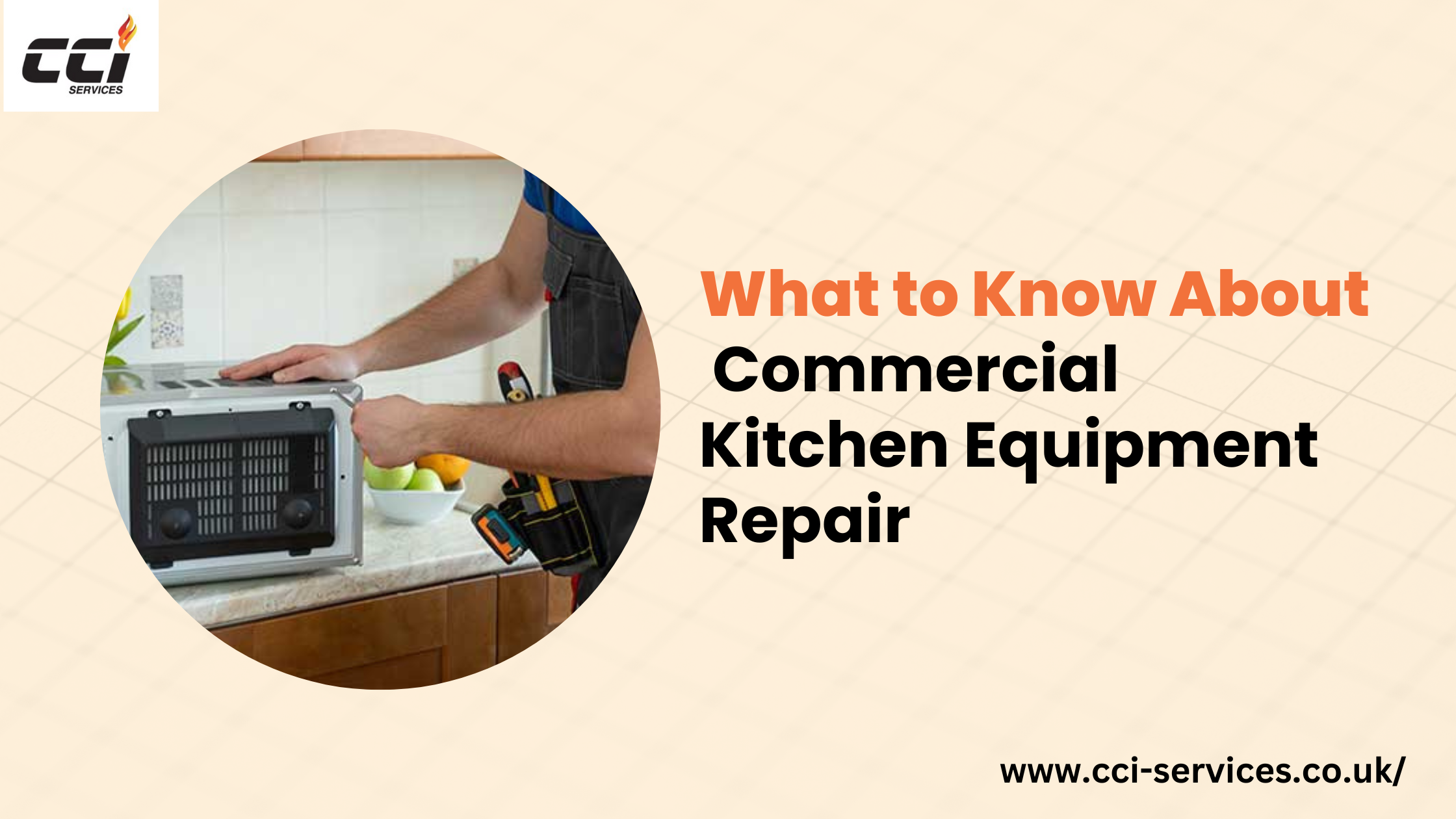
A high-concept commercial kitchen means multiple losses when the equipment breaks down. Functioning equipment is vital for any commercial restaurant. Without a coffee espresso machine, a coffee shop can serve their special coffees. Similarly when a commercial kitchen equipment won’t function properly how can a restaurant serve you good food at your table?
Though repairs and maintenance accounts for the highest controllable line items in a restaurant’s P&L statement, the industry loses billions of dollars in revenue each year because the kitchen equipment is down.
In this blog, we shall explain all things about commercial kitchen maintenance, commercial kitchen services and commercial kitchen in general. So, let’s get started.
What Do Your Mean By Commercial Kitchen?
As compared to a restaurant kitchen, a commercial kitchen is a huge-scale kitchen that supports multiple concepts and produces a large variety of food. Some of the examples of a commercial kitchen are:
Commissaries: These are rentable commercial kitchens where high-volume equipments are shared and multiple concepts functions under one roof. Virtual restaurants, who only serve consumers through delivery, typically get slotted into this category. They are also called ghost kitchens.
Caterers: These are those who produce a high quantity of food and drinks that they need a huge space with various pieces of high-volume equipment.
Hotels: Hotels are where one kitchen may prepare food for multiple customers within the building’s walls alongwith a room service.
Why Does Commercial Kitchen Equipment Matters?
Routine maintenance is vital for all the types of equipments. Maintaining equipment and infrastructure helps in avoiding expensive repairs, downtime and lost in sales. It is arguably more important for commercial kitchen as they have sheer scale of operations; because the equipment is shared with more people and need to accommodate more consumers, downtime which has a different effect.
For example, when one piece of equipment breaks down in a restaurant, only the restaurant feels the most. But in commercial kitchens, multiple businesses can bear the loss of it whereas in a bakery or in a burge join sharing a commissary space can’t no longer offer late-night snacks.
The overall happiness of most of the customers is at high risk- and they have to wait long for food. A large volume of lost sales is due to businesses being able to serve various menu items i their entire day in extreme cases.
Where To Start With Commercial Kitchen Equipment Repair?
Begin by generating a repeatable process everyone in your commercial kitchen can follow. It is easy for repair shops to slip via the cracks, especially when working across businesses where confusion shall arise about who needs to report to whom.
Next decide upon how will you manage and track your R&M process. But you shall ask why? There are a lot of equipment to monitor and most of the employees- all of whom might be responsible for monitoring repairs on a given day and none of whom might work for the same firm. They have their own way of doing this, right from writing something on a notepad till storingit in a memory bank.
Managing repairs manually leads to more time spent verifying any of the work was done at all. Without a consistent process, and with various points of contact recording service requests in different ways as it can be difficult to track the history of a repair.
Conclusion:
Ensuring your commercial kitchen functions smoothly and satisfies customers involves making equipment repair as uncomplicated as possible. Our team at CCI Services provides you with our expertise in kitchen maintenance, efficiency in servicing and replacing parts, and reasonable costs coupled with excellent customer assistance. Our priority is to streamline your repair process so you can concentrate entirely on treating customers to the ultimate culinary journey – with faultless operations entirely taken care of.

 0800 644 2727
0800 644 2727